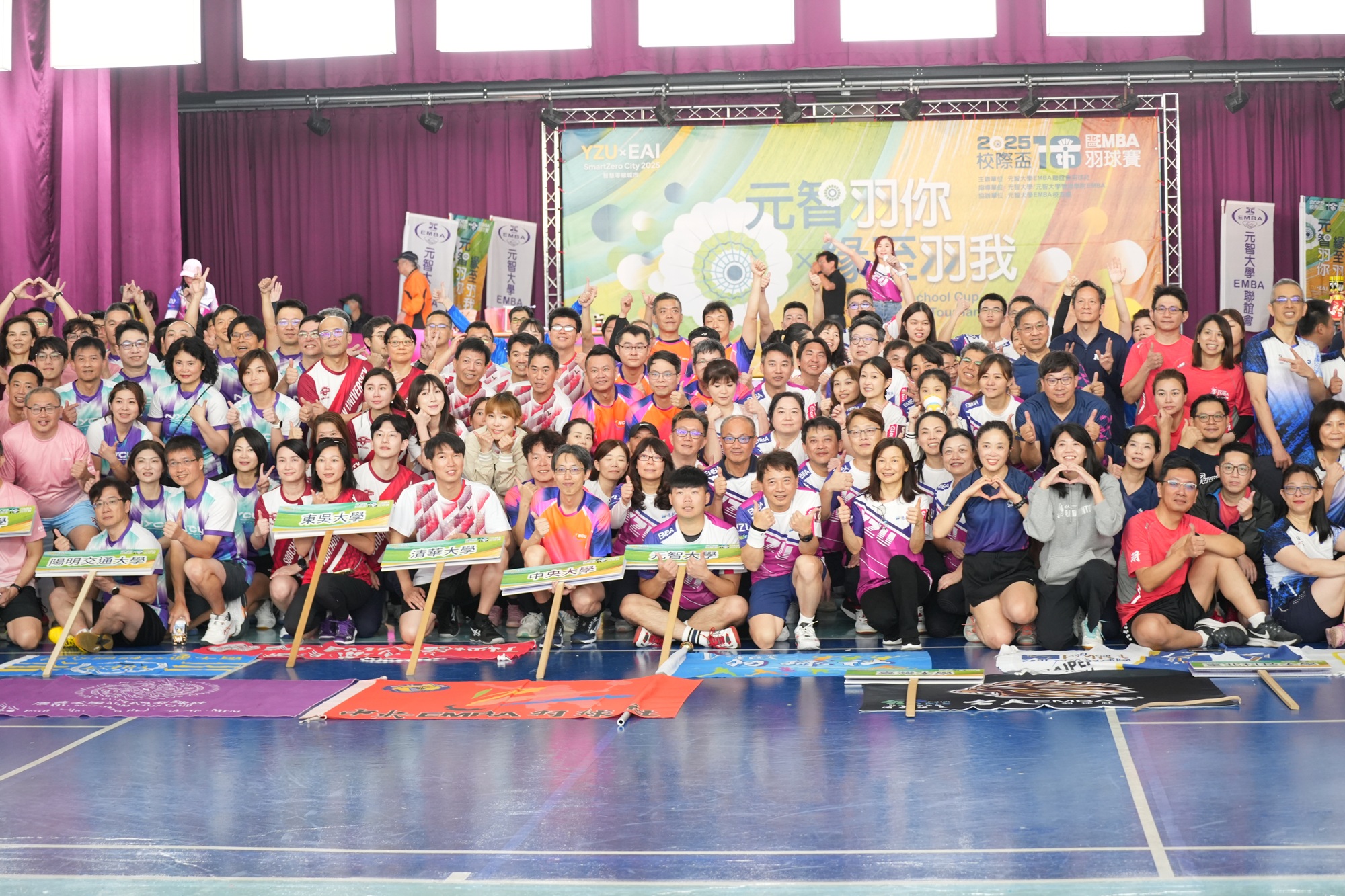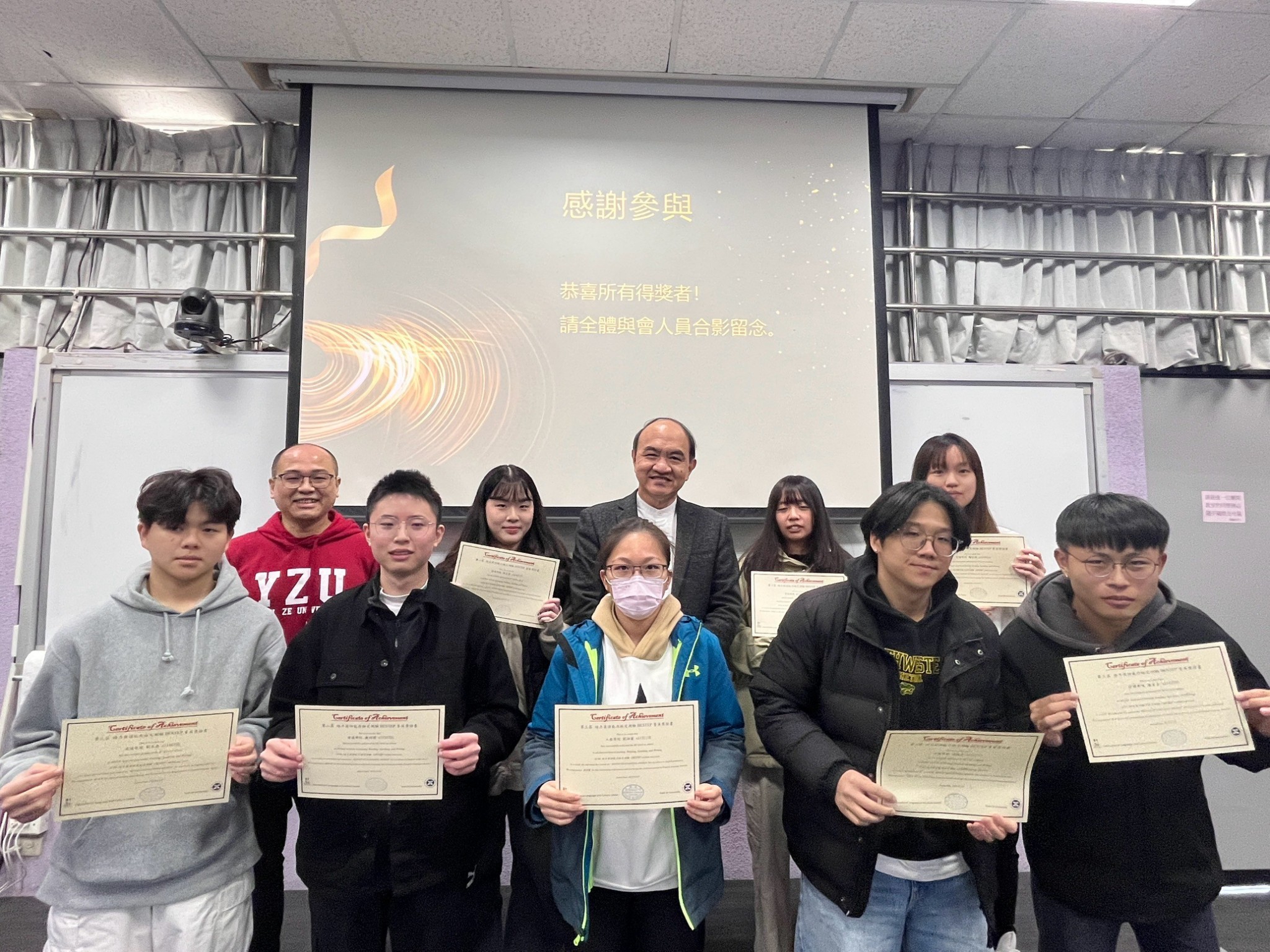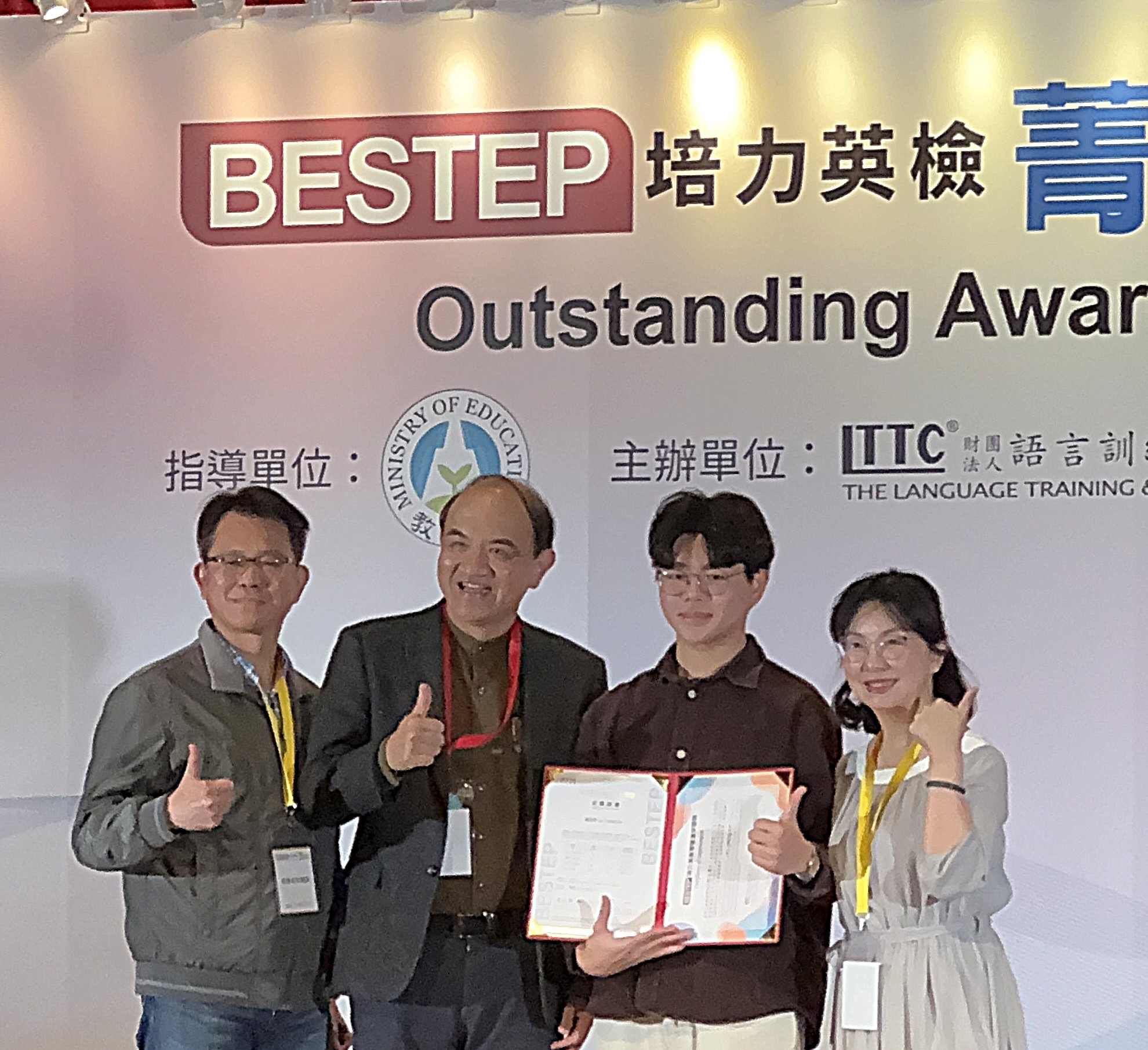As global climate change became increasingly severe, the creation of "zero-carbon cities" became a shared goal in urban development worldwide. To promote the transformation of cities toward both intelligence and sustainability, Yuan Ze University and the European Alliance for Innovation (EAI) co-hosted the SmartZero City 2025 Smart Zero-Carbon City Forum from March 24 to 27 at the Far Eastern Grand Ballroom on the third floor of the Shangri-La Far Eastern Hotel in Taipei.
The forum adopted the four elements—Earth, Water, Fire, and Wind—as its main visual theme, symbolizing the necessity of their coordinated operation for sustainable development.
The forum was chaired by Professor Ching-Ying Yu, the EAI Asia-Pacific President and Associate Vice President for Global Affairs at Yuan Ze University, who played a key role in securing the opportunity to bring this significant European event to Taiwan. Professor Yu stated that, as an official EU organization, EAI required rigorous review and international negotiations before bringing its global forums to the Asia-Pacific region. After two years of efforts, the event was successfully held in Taiwan, marking the first time EAI had hosted a large-scale conference in the region—an achievement of great significance.
The forum gathered 40 leading experts and scholars from around the world specializing in sustainable development and artificial intelligence, covering topics such as urban biodiversity systems, smart transportation applications, smart healthcare, and urban energy optimization. The discussions focused on how cities could achieve their ultimate goal of net-zero emissions while advancing smart urban development.
Additionally, Caitlin Roach, Chief Editor of EAI Publications, attended the forum on behalf of the EAI President. She expressed her hope that this platform would facilitate more research and international collaborations related to zero-carbon cities. She also observed that Taiwan’s smart solutions and sustainability practices were impressive and looked forward to strengthening cooperation with Taiwan through this event. EAI had long been committed to ICT development, providing innovative collaboration tools and leveraging its Springer publishing platform and global conference resources to help researchers gain international recognition and integrate into the global academic community.
The forum also showcased Taiwan’s achievements in the fields of net-zero and smart cities. Yuan Ze University President Liao Ching-Jung highlighted that the university had established Taiwan’s first "Postgraduate Program in Net-Zero Carbon Emissions," designed for individuals with a bachelor’s degree who wished to transition into STEM fields. The program aimed to cultivate interdisciplinary sustainability talents with expertise in both engineering and management. Furthermore, Yuan Ze University’s faculty actively engaged in industry-academia collaborations, assisting businesses in ESG adaptation and sustainability reporting, offering integrated technological and management solutions.
President Liao also pointed out that since 2024, Taiwan's listed companies had been required to disclose sustainability reports, leading to a surge in demand for sustainability professionals. In response, Yuan Ze University had actively promoted curriculum development and University Social Responsibility (USR) programs. In addition to offering both general education and specialized courses, the university had also encouraged international students to participate in primary and secondary school education outreach programs, enhancing local students’ global perspectives and awareness of sustainability.

 English
English  正體中文
正體中文 



